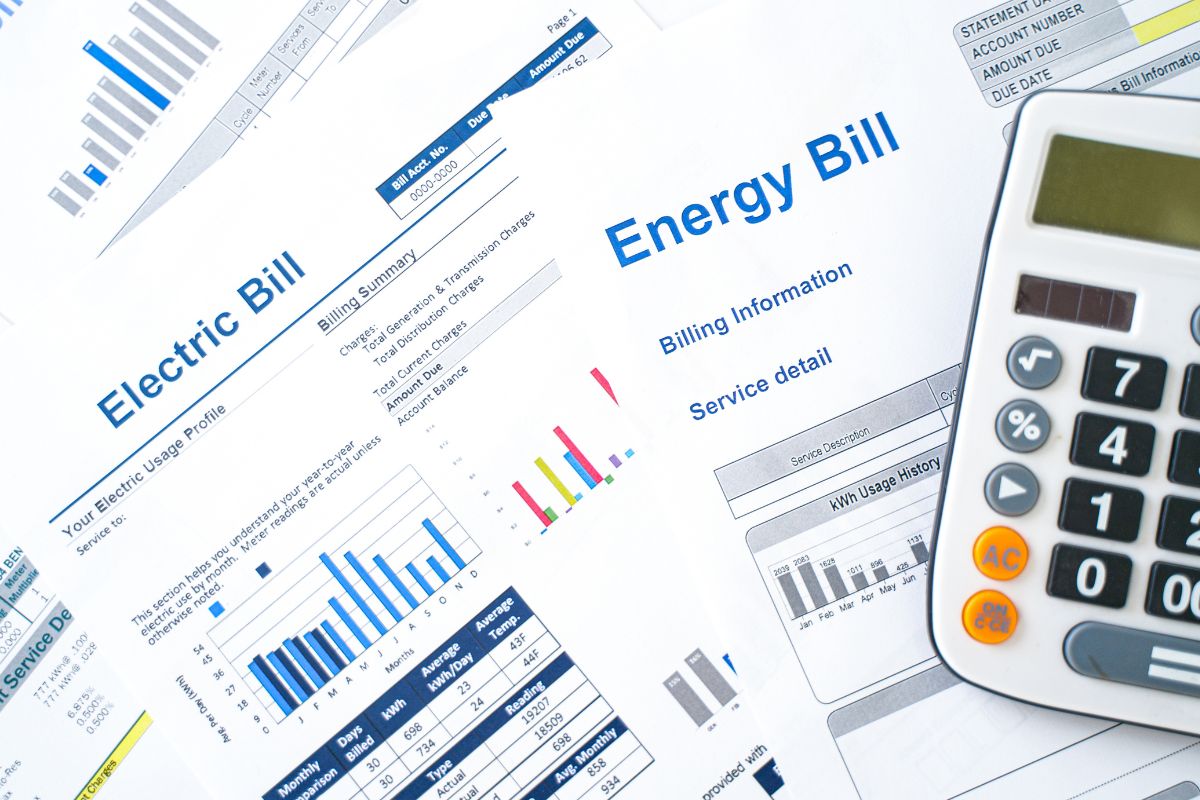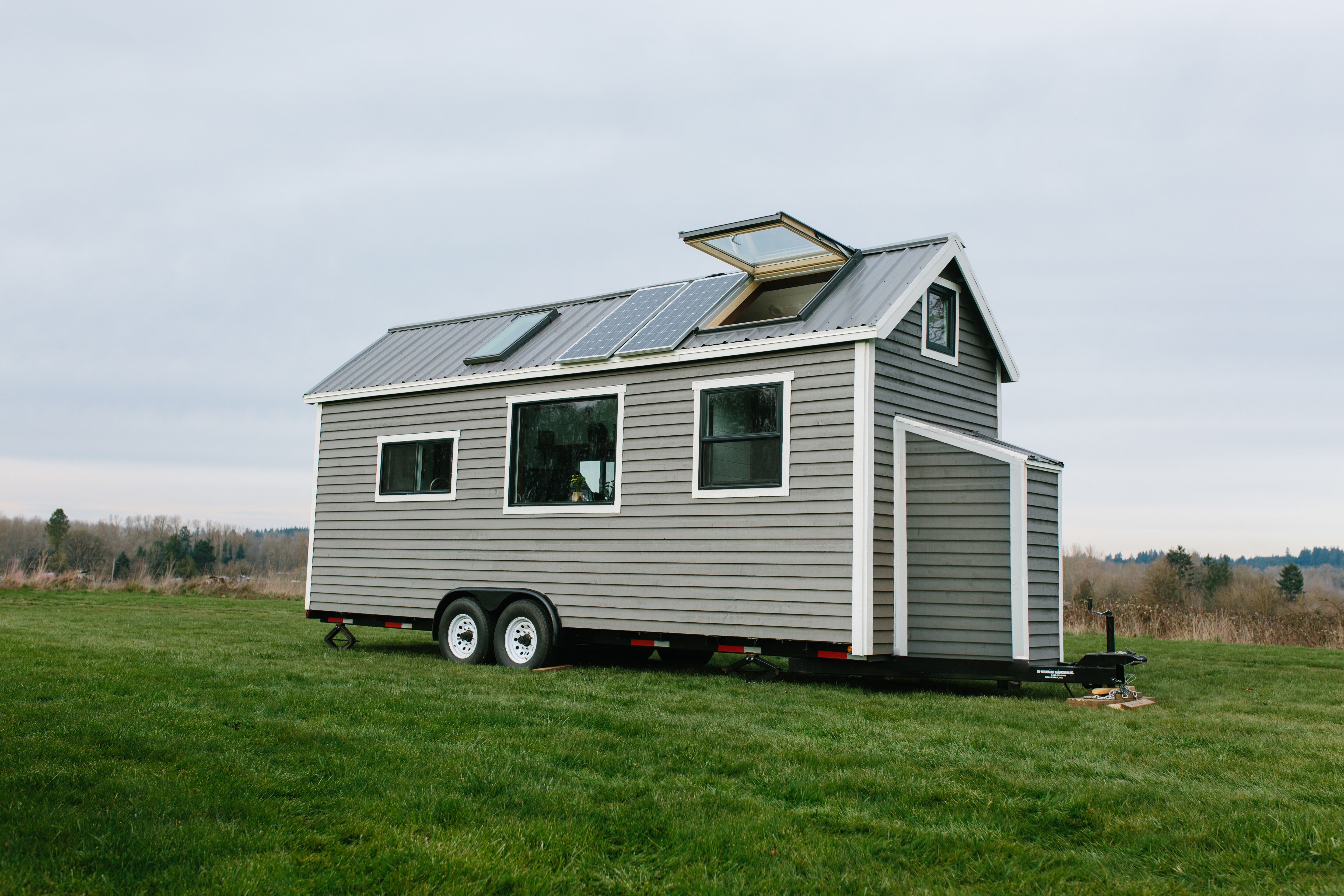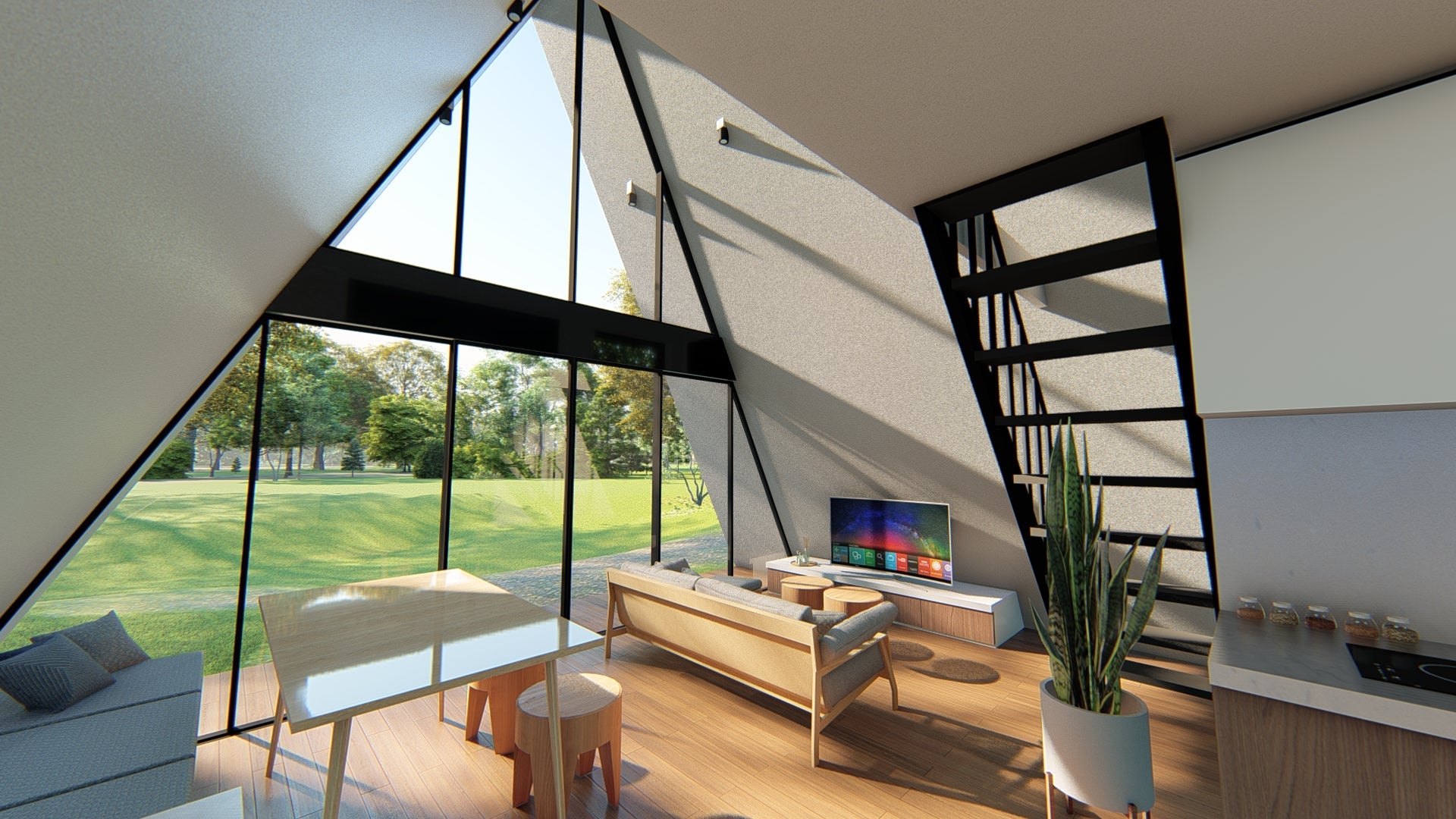It is easier for people to move to regions where there are houses that save on energy, this way they can manage their living expenses properly.
In addition, one can make big savings in his or her monthly electricity bills by embracing a few habits and making calculated investments. So if you want your home more energy-efficient and comfortable, here’s what we need: all the recommendations for lowering your electric bill.
To begin learning how to lower your electric bill, it is important to learn how your power bill is computed. Most electricity bills consist of two major charges - the delivery charge and the cost of energy consumed by kilowatt per hour (KWh). That way, it will be easier for you to see where you can save on usage.
An excellent starting point is conducting an energy audit. This process involves looking keenly at a building to identify areas that may cause inefficient use of electricity like leaking air, weak insulation, or old devices among others.
Although hiring a professional provides an in-depth analysis and assessment of the premises’ status as far as its power efficiency is concerned, one can still do a simple review alone.
Additionally, regular AC maintenance ensures your HVAC system runs efficiently, further contributing to lower energy consumption and cost savings.
How Your Electric Bill Is Calculated
The first thing you should do before considering any suggestion on how to save electric bills will be to find out how the actual figures are calculated on your electrical invoice.
The bulk of electricity bills are normally divided into two main categories including delivery charge and energy charge.
Energy charge refers to the amount of kilowatt hours consumed while delivery charge covers all costs associated with transmitting electricity from a plant directly over towards your house making it good for identifying areas where costs can be reduced.
Conduct an Energy Audit
Carrying out an energy audit is one of the best ways to reduce your electric bill. This means inspecting your home to identify areas where energy is being lost and places that require improvement. You may decide to hire a professional or do a simple audit on your own.
Look for drafts around windows and doors, check the insulation in your attic, and examine your HVAC system for efficiency. Take advantage of free or discounted energy audits offered by many utility companies.
.jpg)
Upgrade to Energy-Efficient Appliances
Older appliances can be major energy hogs. Consider replacing these with Energy Star-rated appliances that use less power without sacrificing their performance.
Refrigerators, washing machines, dishwashers, and air conditioners are some of the worst culprits here.
Old appliances could be using too much electricity, it would be wise therefore you consider switching them off with others labeled “Energy Star” which consume less power but still perform efficiently, such as refrigerators, washing machines, dish dishwashers among others.
While this might set you back financially at first, the long-term savings from your electric bills will make it worthwhile.
Optimize Your Thermostat Settings
Your thermostat plays a crucial role in your home’s energy consumption. In winter months adjust the thermostat down to 68°F (20°C) while you are awake and lower it further when going to sleep or when not present at home during daytime hours.
In summer target 78°F (26°C) while using fans to aid in air circulation. Pick 68 degrees Fahrenheit (20 degrees Celsius) for winter months when you are awake, lower it when you sleep or go away from home.
Use fans along with setting the temperature at 78 degrees Fahrenheit (26 degrees Celsius) to circulate cool air all over. The programming appliance lets you change temperatures based on routines so that there is no wastage of power when not needed.
Seal Leaks and Insulate
One of the reasons for high energy bills is air leaks and poor insulation that makes heating and cooling systems run even more.
To keep hot or cold air from getting in through the doors or windows, weather-strip them with door sweeps, rubber gaskets, or adhesive-backed v-channel.
In such a case, insulate your attic as well as walls and floors to retain heat during winter while reducing it during summer. This way, not only will you be able to cut down on your power bills but you can also create an improved living environment.
Use Energy-Efficient Lighting
A major part of your electricity cost goes into lighting. Switching to energy-efficient lighting can make a big difference. Compared to Incandescent bulbs, LED bulbs use less power hence being useful when looking for ways of saving money on electrical bills.
For even greater savings you may want to try dimmer switches in addition to motion detectors that require no human intervention when lights are being turned on or off.
You should also take advantage of natural light by letting sunshine come into your rooms through open curtains as well as blinds during the daytime.
Unplug Unused Electronics
Even if they are powered off many electronics still consume energy, this is known as “phantom load” or “vampire power”. Unplug all chargers, computers, and other household gadgets whenever they are not in use.
Alternatively, employ power strips which are one-way methods of disconnecting several gadgets at once to avoid having to unplug so many things separately every time they need not be used anymore, this seemingly simple action saves lots on the monthly electricity bill.
Maintain Your HVAC System
Proper maintenance for heating ventilation and air conditioning (HVAC) systems is crucial for energy efficiency purposes.
Change your HVAC filters regularly – 3 months is the recommended period between changes – so that clean air can circulate freely around all the occupied spaces.
Besides, it is important to ensure that your system runs smoothly by way of regular tune-ups every year. A well-cared-for HVAC system would be less energy intensive hence lowering an electric bill.
Take Advantage of Off-Peak Rates
Most of the utility companies have reduced rates during off-peak hours mainly observed at night or early in the morning.
During these times you could lessen your electricity bill if you carry out all activities using large amounts of power such as dishwashing and laundry. Inquire from your utilities company if they have off-peak moments and try to plan accordingly.

Install Solar Panels
Alternatively, if you want to reduce your electric bills in the long run, consider getting solar panels installed. The upfront cost can be massive, however, with time the solar panels can massively reduce or even eliminate electricity costs.
Additionally, federal and state incentives are available to help reduce or offset initial costs associated with installing solar panel systems in homes and businesses. Solar energy is better suited for both living environments plus also a pocket.
Be Mindful of Water Heating
One major contributor to high electric bills is water heating. Lower the temperature on your water heater to 120°F (49°C) to save energy.
To avoid heat loss insulation should be done around tanks holding hot water as well as hot water pipes themselves connected to them.
Moreover, this appliance requires far less energy to heat gallons upon gallons of warm water as opposed to typical tanks which use loads just waiting for someone else to use that same warm water in an hour.
Adopt Energy-Saving Habits
Small everyday changes can lead to significant savings over time. Switch off lights when exiting a room, wash clothes in cold tap water instead of using heated one, and dry clothes naturally where possible.
Use lids on pots while cooking so as not to lose heat quickly when cooking foods like rice thus cutting on cooking duration, use a microwave toaster for warming up small meals instead of an oven.
These simple adjustments can help you lower your electric bill without significant effort.
Monitor Your Energy Usage
To find patterns and areas for reduction of energy consumption, keep track of your energy usage. Many power companies have web-based tools as well as apps that you can use to monitor your consumption on a real-time basis.
Set goals for reducing your energy use and monitor your progress. The initial step in positive change-making is awareness of one's habits.
Think Smart Home Technology
Smart home technology investment can improve the convenience and efficiency with which you manage your energy usage.
To optimize energy usage, smart thermostats, smart plugs, and smart lighting systems can be remotely controlled and programmed. These devices will show how you have been using electricity and offer suggestions on how to minimize the bill.
Take Steps to Reduce Your Electric Bill
Reducing high electric bills does not need to be complex or involve significant sacrifices. By understanding your energy use, doing a few upgrades, and adopting some energy-saving practices, you can greatly reduce your expenses on power bills.
Start by applying the easiest tips first then make more changes over time gradually. Remember every little bit helps so savings will accumulate over time.
With advice from experts coupled with proactive approaches, one can easily maintain their electric bill at manageable levels hence enjoying financial benefits.






Share: